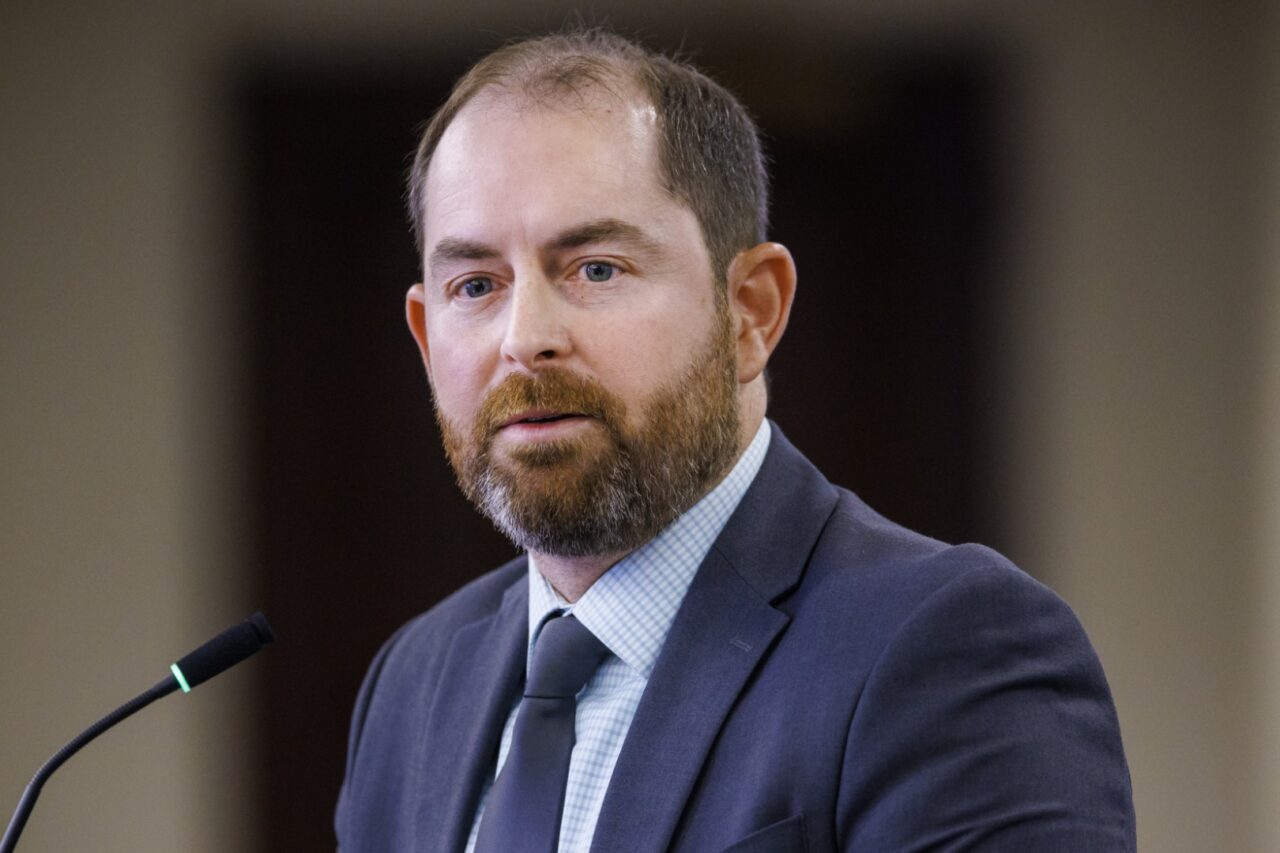Medicaid medical advisory committee meets, state shares no post-pandemic details – Florida Politics

Florida’s top Medicaid official met Tuesday morning with the state’s 15-member advisory committee, but there was no talk about how the state plans to determine Medicaid eligibility for 5.1 million people once the nation’s public health emergency expires.
Instead, Florida Medicaid Director Tom Wallace briefly discussed staff changes at the Agency for Health Care Administration since the Medicaid Medical Care Advisory Committee last met in June 2021. He also touched on the changes to the statewide Medicaid managed care program and some of the budget highlights for state Fiscal Year 2022-23, which begins July 1.
The public health emergency associated with the COVID-19 pandemic is expected to be lifted in July. That means Florida would continue to receive an additional 6.2% bump in federal Medicaid funds through September. Once the emergency is lifted, the state can more easily remove people from the Medicaid rolls.
As the meeting neared its end, Wallace provided an opportunity for public input. He asked, however, that people limit their comments and questions to agenda items only.
Florida Health Justice Project Executive Director Alison Yager asked Wallace to discuss how the state will redetermine Medicaid eligibility for those currently covered by Medicaid. She asked whether the state was considering coordinating efforts with community organizations and navigators who can help people review their options for health care, either through Medicaid, the children’s health insurance program (CHIP) or the federal health insurance exchange.
“We did not have that on the agenda,” Wallace told Yager. “The only comment I can say on that is, we are aware of the public health emergency situation, and we are looking into all those things you just mentioned.”
Medicaid is jointly funded by the state and federal governments. While policy decisions must meet federal standards, states are in control of how Medicaid and the Medicaid-funded CHIP program are administered.
For instance, Florida Medicaid does not provide 12 months of continuous Medicaid coverage for older children. While children under the age of 5 qualify for annual Medicaid coverage once they are eligible, children ages 5-19 (and certain adults) only qualify for six months of coverage.
Since the onset of the public health emergency, states have been precluded from eliminating people from Medicaid rolls. Only those who die, move from the state or request to be eliminated from the program can be removed so long as the public health emergency remains in effect.
Researchers at Georgetown University Center for Children & Families warned in February that children in Florida are in danger of losing health care coverage once the state is allowed to remove people again. Researchers at the center have called for transparency as states begin to unwind from the public health emergency.

But instead of discussing what some have called the Medicaid “cliff,” Wallace discussed the recently passed Medicaid managed care rewrite (SB 1950) and the budget conforming bill. The conforming bill authorizes the state to extend by ten months postpartum coverage in the Florida KidCare.
The move mirrors what lawmakers agreed in 2021 to provide to women covered by Medicaid. Florida KidCare provides subsidized insurance coverage for children and teenagers who live in families that earn too much to qualify for traditional Medicaid. Wallace said the federal government had not approved Florida’s request for extended postpartum coverage. But he said he expects that to change now that similar changes were made for the Florida KidCare program.
Post Views:
0







